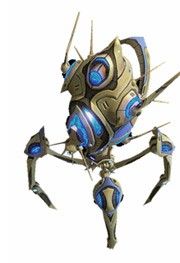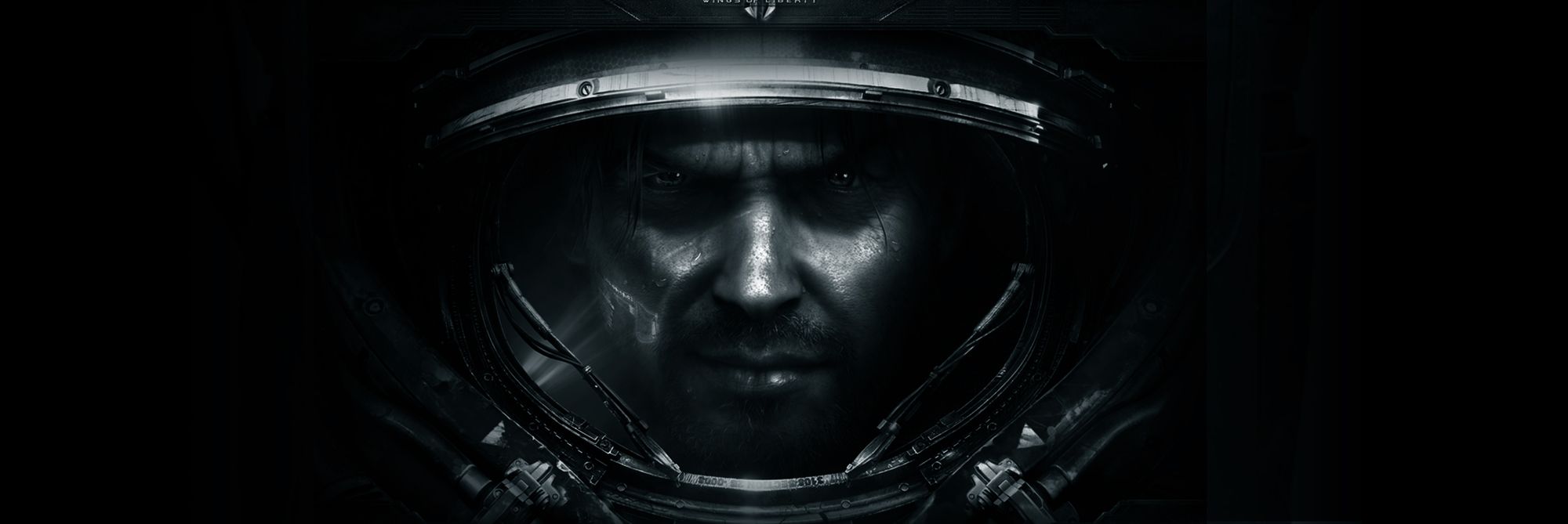Leading a web design agency is like playing StarCraft 2

If you don’t happen to like gaming, and StarCraft 2 especially, this story isn’t necessary for you. But, if you do happen to love entrepreneurship AND gaming, enjoy.
I am a dedicated SC fan. I loved SC1, SC:bw and SC2 was the second best thing that happened last year (best thing beeing my wife’s pregnancy, but thats another story). I honestly screamed out loud out of joy, when a friend popped a SC2 beta invite for me. So far, I have over 500 1v1 games under my belt (and about 300 games on the beta stage), so I pretty much know my limits on the game. I suck at it.
I am also founder of a small digital media agency in Finland. During the last few years, we have grown from man-and-a-dog -company to a 5 person digital media agency, with several sub contractors and respectable client base. So far, I love it. Every day is different (in good and bad), and you can pretty much blame yourself if something goes wrong. On the other side, when something goes just the way you have planned, you feel like flying. Oh, the ups and downs of the enterpeneurship!
There are a few things that are in common with both entrepreneurship and SC2.
Resources are limited
In SC2, obtaining as much resources as fast as possible (and constantly) is crucial to your success. If you don’t get enough minerals and/or gas, you dont have enough units for defending or attacking. If you dont have enough supply (3rd resource of the game), you end up slowing your unit production and the enemy will crush you like a bug. Which, in case of the Zerg, is pretty accurate description anyway.
This is true in business too. You need to have constant flow of cash to survive, and every glitch in the resource harvesting will slow you down. And, like in SC2, if your workers die, you dont have any income. Its pretty simple, really.
Bigger army wins
There is no going around this one. The bigger the army, the better the odds are for your victory. If your army is small, you just cant hope to win battles with your enemies. If you fight a huge battle, you can lose few arms and legs, but it doesn’t matter that much, if there is enough reserves to draw fresh marines from.
In business, this has been true for a some time. Times are changing of course, but bigger is still considered better, eventhough there isn’t much correlation between those two. But, if you can build an balanced army, you can survive any kind of encounters.
…but not always
We do love stories. Everyone has probably heard the story of David and Goliath, where the smaller but more agile David wtfpwns bigger but slower Goliath. Its a classic. In SC2, its pretty normal that outcome of the battle is usually defined by the unit micromanagement (actions per minute of the player has serious impact on the micro management). This means that gamers control whole armies, but micromanage the crucial units in the battle. Faster players can run in circles around the slower players, and end up winning battles with smaller an cheaper forces.
This doesn’t work that well in real life, though. Micromanagement can be good, but if you do it too much, you end up shooting yourself on the paw. People aren’t computer generated units. And uhm, if you poke a single unit enough times, it will start to crumble and complain. Nobody likes to be poked all the time.
Upgrading is cheaper than you think
In addition the micro management skills, there are other things that have a huge impact on the outcome. Units can be upgraded (more damage, more defence, special attacks), and units have very different abilities. You need to know all the unit types, including those that your enemy uses, because different units have a very different kinds of strategic and operational abilities. For example, some units cant shoot on air, and some air units cant shoot to ground. And some units are sneaky bastards, that can turn invisible and put a knife in your back. You need have a special scout to detect these.
In real life, you can, and should upgrade everything whenever possible. If you have extra resources available (time, money, know-how), you should use every oportunity to upgrade your processes, educate yourself and others. It will pay back on the long (and short) run.
Scout or die
In SC2, if you don’t scout constantly what your opponent is doing, you are asking for trouble. If you don’t know what kind of unit composition the enemy has, you cant prepare with a proper counter. If you don’t scout the enemy base, you don’t know where to strike. If you don’t scout the whole map, you might miss the time window when enemy expands (which will lead to your demise, because soon enough your opponent has more resources to spend in units and upgrades).
Again, its the same with business. You have to scout opportunities, and you just have to know as much as possible what your opponents are cooking up. I must admit, I suck at scouting, but I get better at it. And like in SC2, you get better with each time you win or lose.
Bigger teams are better
In SC2, there are different kinds of game modes (1v1, 2v2, 3v3, 4v4 and FFA). The bigger the team, the easier to avoid mistakes. Yeah, you can screw things up royally, but there is usually a teammate around that can give his/her helping hand (or claw/psionic blade).
And, like in SC2, its easier to run a business, if your team is full of equally good players that are willing to communicate and work for the common goal.
